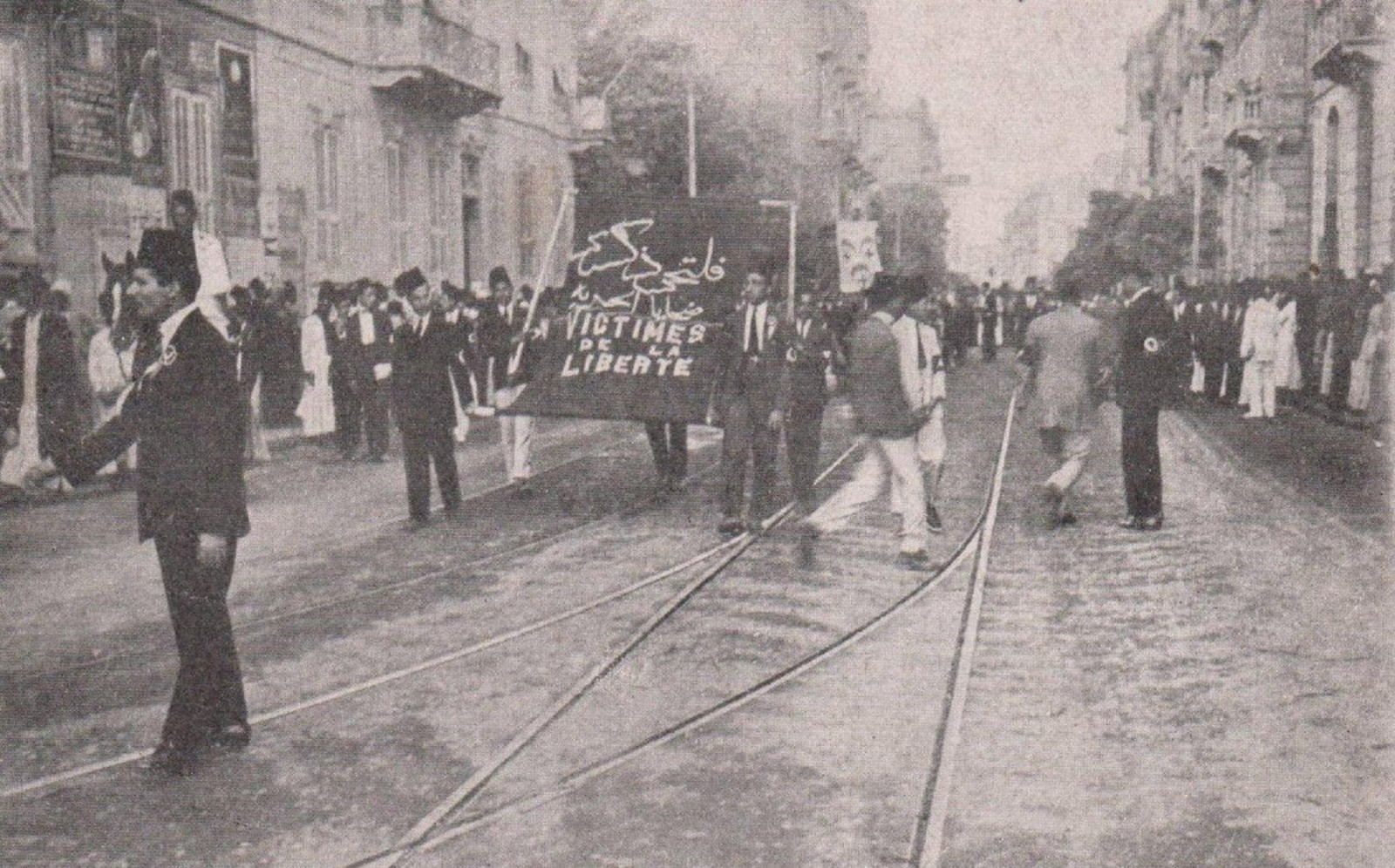Modern-day Egypt: Not purely the product of the literate elite

Modern-day Egypt: Not purely the product of the literate elite. Historians often credit Egypt’s educated, literate upper class for molding the modern-day nation state between 1870 and 1930, and the common historical narrative tends to make a binary division between the literate elites and the uneducated majority. The reality was much more nuanced, argues Dr. Hoda Yousef in this episode of the Ottoman History Podcast (listen, runtime: 42:00). Various activities — what she terms “public literacies,” ranging from the use of scribes, to public newspaper readings, to the utilitarian use of reading and writing — fundamentally altered the social fabric and allowed topical issues, including protests and the status of women, to be a more visible part of Egyptian society at large.
Universal literacy as a force for good? It wasn’t always seen that way. Yousef draws on rarely accessed data, including handwritten scribal petitions, records of domestic mail and anecdotes of the period, as evidence that a much more diverse group was involved in nation building than merely the fully literate elite. Meanwhile, the legacy of this time period — a perennial preoccupation with literacy in the modern-day, universal, sense of the word — has since had a bearing on a huge number of social issues. These include Arabic’s instatement as the official language, the way it is taught in schools, the remnants of colonialism, and the degree to which the illiterate may now be denied agency within their own communities in a way they were not in the past.